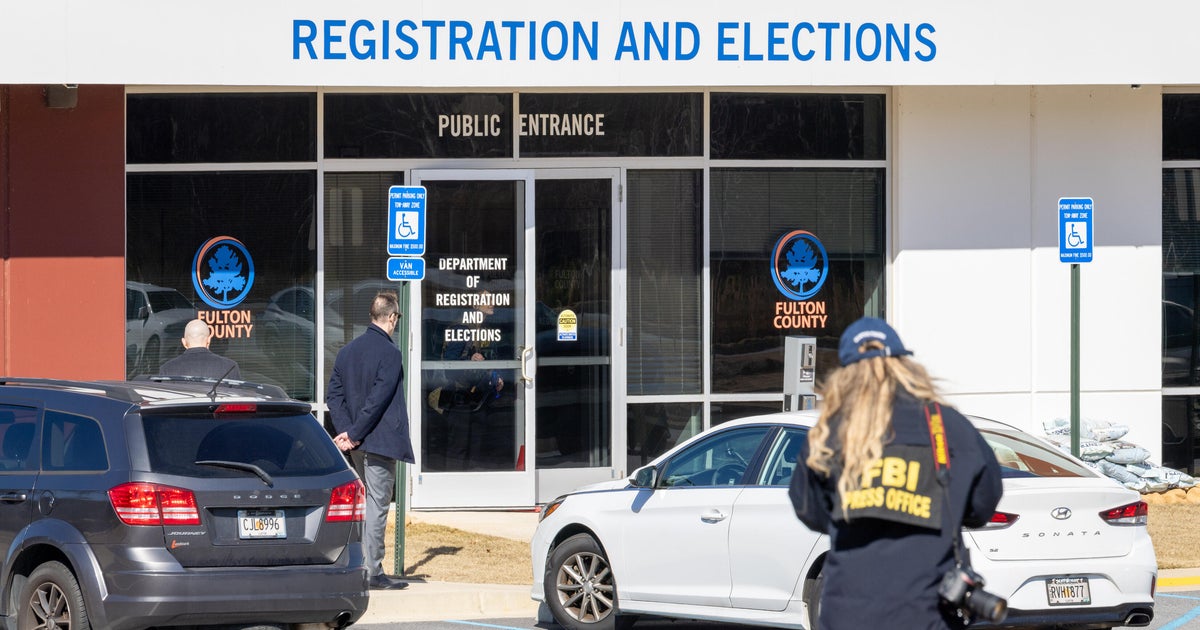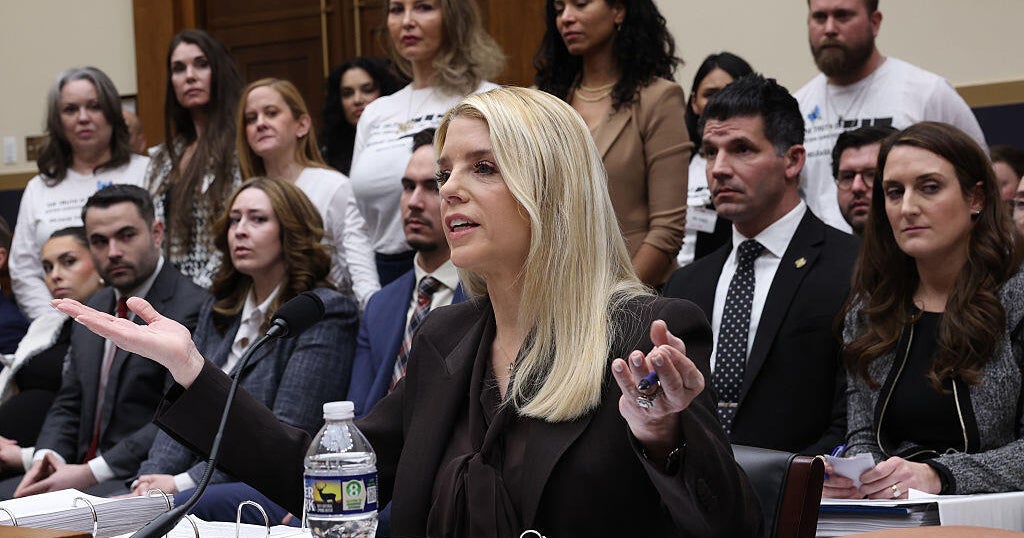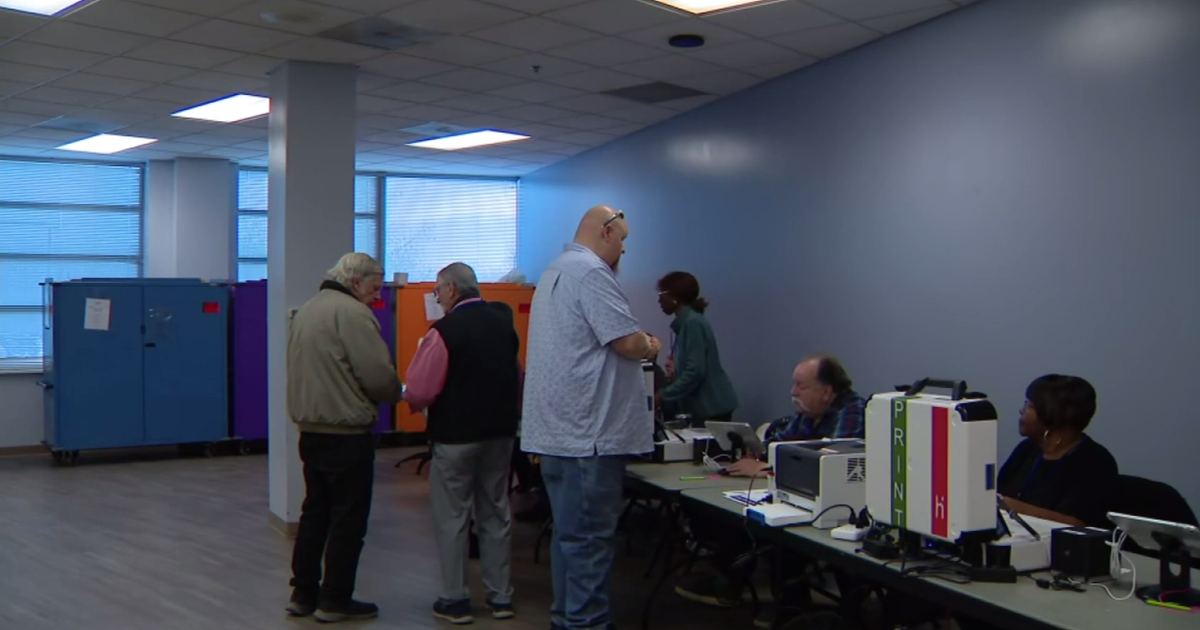January 6 committee investigates draft order to have military seize voting machines after election
A draft executive order to seize voting machines in the wake of the 2020 presidential election was one of the many ideas former President Trump's legal team considered in order to "preserve evidence" of votes, onetime Trump legal team member Bernie Kerik told the January 6 House select committee, according to a source close to Kerik.
Kerik, who was the legal team's lead investigator, told the committee staff that the idea to use the military to secure the ballot boxes originated from former Army Colonel Phil Waldron, but it "died on the vine" after the legal team took it to former Department of Homeland Security official Ken Cuccinelli and then-President Trump, who both dismissed it.
Kerik told investigators that this possibility "died on the vine" after the team presented it to senior Department of Homeland Security officials and then to Trump, who, the source says, dismissed it.
According to Kerik, the draft executive order was one of the "many ideas" that the legal team, led by Rudy Giuliani, Jenna Ellis and Kerik discussed to "preserve evidence" after they deemed some limited tips of election fraud "credible."
Efforts to reach Waldron for comment were unsuccessful.
Politico first reported on a draft executive order to seize voting machines.
The panel's chairman, Congressman Bennie Thompson, told CBS News' "Face the Nation" on Sunday that the committee is investigating this, concerned about any discussion inside the Trump administration about using the military to seize voting machines in key states.
"We are concerned that our military was part of this big lie on promoting that the election was false. So, if you are using the military to potentially seize voting machines, even though it's a discussion, the public needs to know, we've never had that before," Thompson said on "Face the Nation."
An individual close to former Acting Defense Secretary Christopher Miller tells CBS News Miller first learned about discussions to secure ballot boxes from recent media reports, and the discussions did not reach him after the 2020 elections while he was the acting head of the Pentagon. The source close to Kerik said former Attorney General Bill Barr was not a part of those discussions. Barr has spoken to the select committee. CBS News has learned that Barr said he did not have any visibility into the events of January 6.
A separate source confirms Kerik's interview with the select committee earlier this month lasted about eight hours. Kerik asked the select committee to release the full transcript of the 8-hour virtual interview, but his request was denied by Thompson. Select Committee spokesman Tim Mulvaney declined to comment on CBS News' reporting on Kerik.
The House select committee has been interviewing former associates of the president in connection to the events leading up to the January 6, 2021 assault on the Capitol.
Rob Legare and Zachary Hudak contributed to this report.



